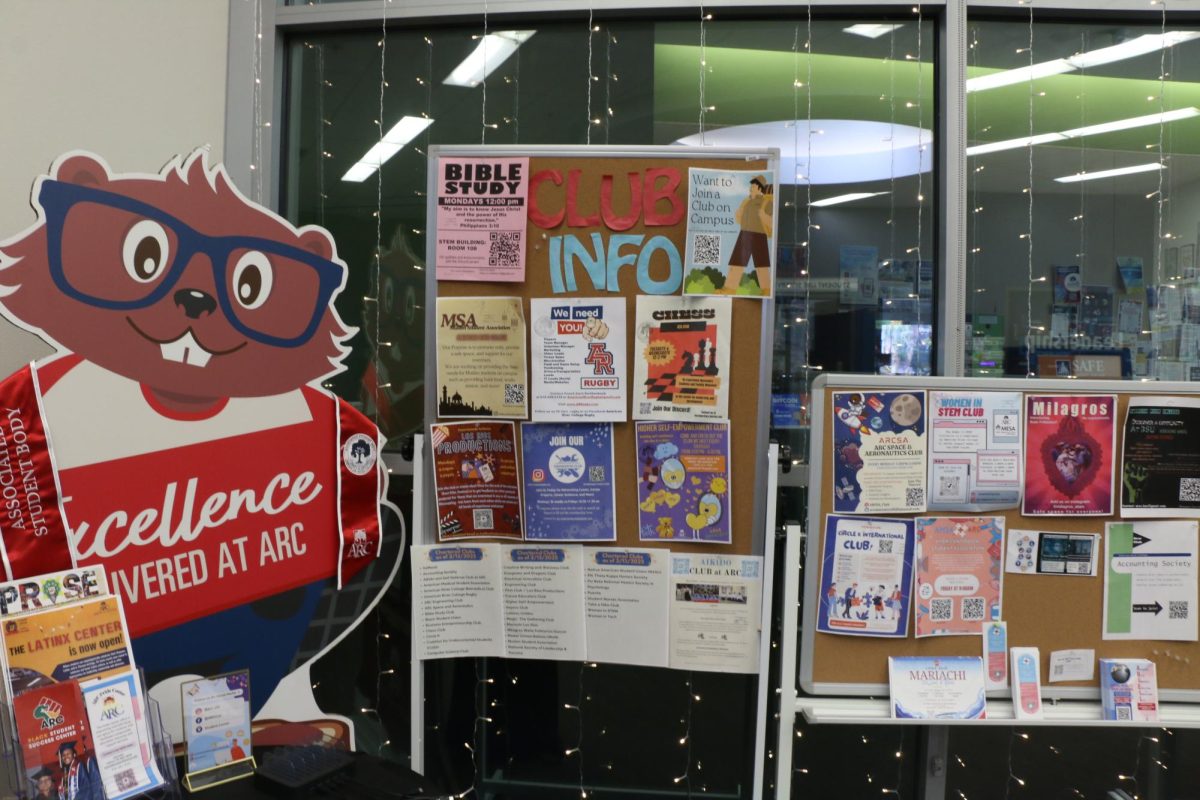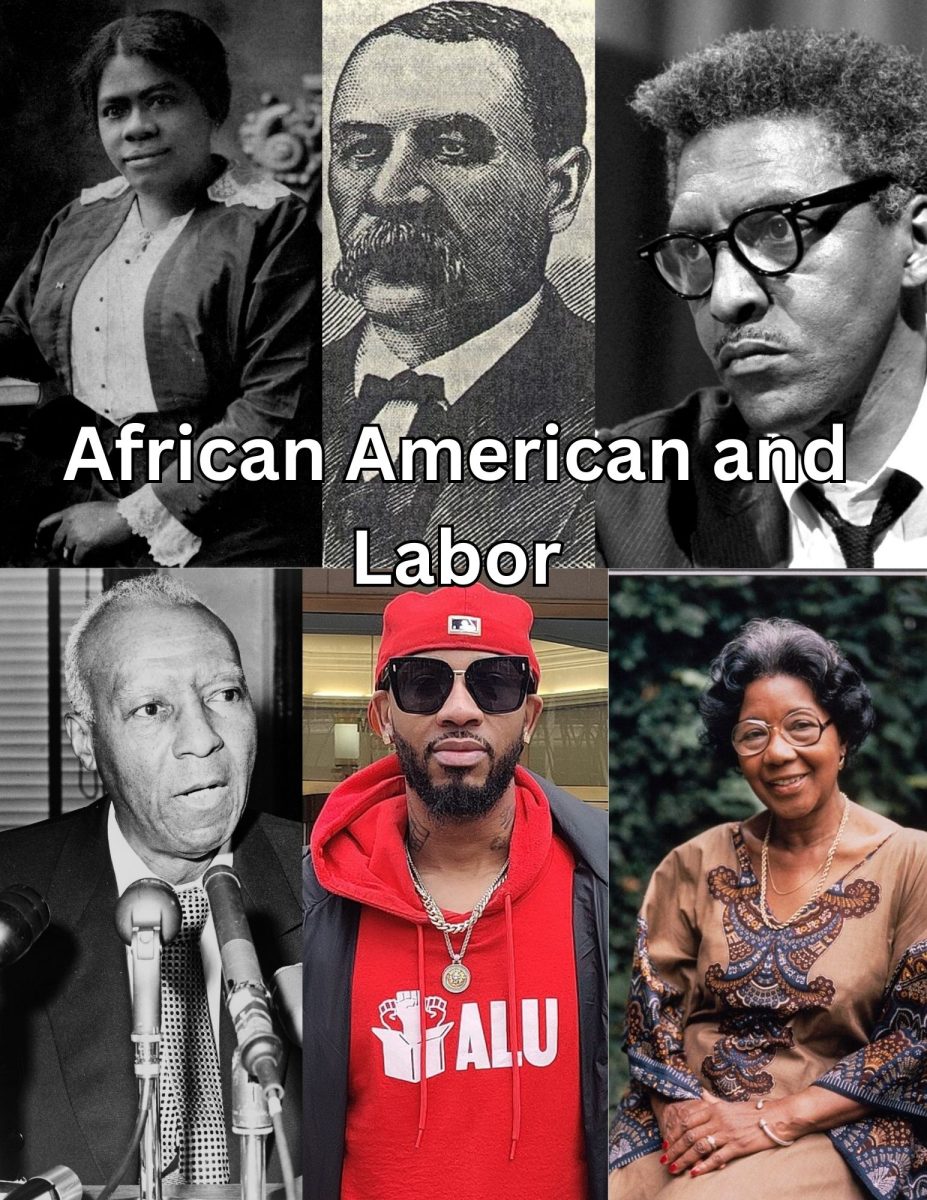According to recent statistics published by The Pew Forum, 44 percent of young adults entering their freshman year of college are regular churchgoers. By the time young adults enter their junior year of college, the percentage drops down to 25 percent. In a nation where 70 percent of the population claims to attend a church, synagogue, mosque or other place of worship, what has young adults saying “no thanks” to religion?
Critics of organized religion would have you believe that we live in a newly enlightened culture that promotes education (evolution is science that doesn’t rely on some unseen deity), self-realization and freedom from religious doctrine that young adults were forced by their parents to dogmatically accept.
On March 11, mid-town Sacramento’s Pioneer Church held its final service due to the building’s foreclosure, leaving the Spiritual Life Center, an “Interfaith Unity Ministry” that welcomes every age, culture and religion, without a place to meet on Sundays.
Churches, like Pioneer, are experiencing similar foreclosure issues throughout the state. Just like when mom and dad can’t make their monthly home payments, empty coffers are forcing places of worship to face foreclosures at unprecedented rates.
Are today’s young adults simply choosing to live their lives without religion and the church? Twenty-two-year-old YouTube sensation Jeff Bethke purports to have the answer. Bethke’s spoken-word poem “Why I Hate Religion, but Love Jesus” was artfully filmed and soon went viral. Over 20 million people have watched Bethke’s YouTube video, making him an overnight sensation.
In a March 5 Time Magazine profile of Bethke, author Kayla Webley describes the recent college graduate’s message as a “poem (that) rails against the hypocrisy and self-righteousness too often associated with churchgoers.” Bethke’s delivery of lines such as “I hate religion, in fact I literally resent it,” has struck a chord with young adults between the ages of 18 and 29.
“Religion puts you in shackles, but Jesus sets you free. Religion makes you blind, but Jesus lets you see,” asserts Bethke, a self-professed Christian. In surveys cited by Time Magazine, young adults now see themselves as spiritual but not religious. Millions of American students are avoiding churches, synagogues and mosques, yet they still profess beliefs in God, Jesus and Allah.
The aforementioned Spiritual Life Center explains on its home page, “We are spiritual beings, created in God’s image. The spirit of God lives within each person; therefore, all people are inherently good.” Recognizing this trend towards young adults identifying themselves in a more spiritual sense, Bethke explains his rationale for making the video in the first place.
“The video (is) for people who shudder when they hear ‘religion’ and consider it a synonym for voting Republican, hating gays and being bigoted and mean,” said Bethke.
Logistically, a church is merely a brick-and-mortar building where people can assemble to worship. What will be the ultimate fate of organized religion? For young adults, faith and spirituality still exist and can be expressed independent of four walls and a roof.








Brad C. • Nov 10, 2014 at 12:31 pm
I would guess the fostering of critical thinking skills is behind the rejection of most religion. Not for spiritual, but for doctrinal and ideological reasons: the judgmental, obnoxious, and condescending campaigns of most popular religions against queers, non-believers, the poor, and non-natives are often the worst possible advertisement. Fear campaigns (e.g., Pascal’s Wager) and tradition no longer make the compelling case for religion they once did.